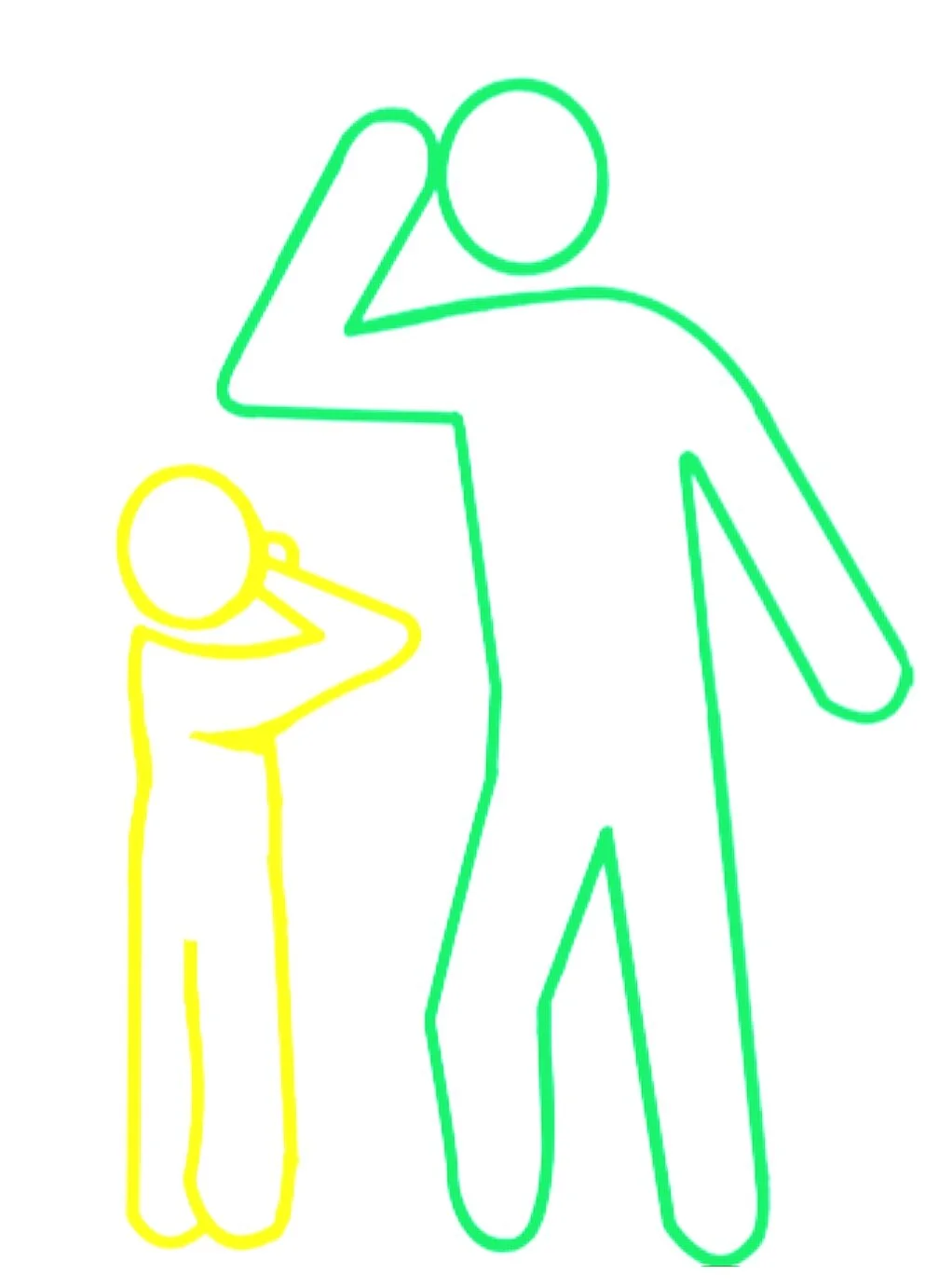HOW ARE THE UK’S YOUNGEST CHILDREN TEACHING US HOW TO DEAL WITH LOCKDOWN?
Whilst professionals, parents and public media continues to broadcast that life in lockdown is detrimental to our children, we ask: how do you know?
Can any of us truly be experts in the experiences of others, without having walked a mile in their unique little shoes?
During our research, we noticed that no-one was asking young children in the UK about their experience and understanding of the Covid-19 lockdown.
We know that children see things through a different eye to adults (M. Kellet, 2010) so why is it that policy for children is still being led by only adult perspectives? Although, one emerging study from Oxford University aimed to include children and reported increased emotional and behavioural difficulties, it excluded the voices of those under the age of seven. Our youngest generation have been left void of their right to join in the discussion on the issues significantly affecting their young lives. In denying them this right, we risk misrepresenting their experiences and missing out on some simple treasured teaching, the whole country could benefit from right now.
With this in mind, a pilot study was designed to talk to children as young as 2 years old in the UK. Adapting tools traditionally used in child psychology and play therapy, The Seaver Foundation aimed to offer activities children could complete in their own homes that would cater for a range of ages and stages. Activities were designed to tap into children’s intuitive communication skills, allowing them to take the lead on answering via images, movement, speaking or writing. The work aimed to ask questions specific enough to allow qualification of children’s experiences. What were the prominent issues for them during this time? How did they understand the Covid-19 pandemic? How are they feeling moving forward from this?
29 children in England, aged 2-8 years old, completed this pilot study during May and June of 2020. There was a sway towards pre-school aged children, with the average age being 4 years old. The results proved to be uplifting and informative in equal measure. Children showed us that they are ultimately intelligent, social creatures with a zest for life that has not been quashed by the pandemic
88% of the children showed a good understanding of the reasons they were being asked to stay home. Some children drew on the scientific names and imagery of the virus, others referred to the health risks associated with being outside or told us about the ‘nasty germs’. Most notably, all children acknowledged an outside force that had caused the lockdown and none felt personal responsibility for the circumstances they were facing.
The most prominent changes that children noted in their lives related to the lack of physical closeness and social interactions with extended family and friends. Children appeared to crave this, with 100% of children having a positive emotional response when thinking about getting back into physical contact with friends and family. Parents behavioural observations (voluntarily offered) suggest children sought this physical closeness more from their primary caregivers, often appearing ‘clingy’ in the absence of socialisation elsewhere.
Children who were more ‘social’ showed a higher degree of struggle with lockdown conditions, expressing frustration, fear or sadness. But this rarely crossed over into reluctance to return to the outdoors and their community life, instead children felt excited by this prospect, in particular mentioning the park.
In contrast to current policy suggestion, no child voluntarily mentioned the closure of school or nursery as a prominent feature of their time in lockdown, despite 62% known to be having time away from it. Although not presenting as the issue of most concern for children, they were generally not discouraged from returning to school or nursery.
Children generally showed a good knowledge of the simple proactive steps they could take towards preventing the spread of the pandemic. Handwashing and physical distancing were most mentioned and, of those whose parents added their insight, the majority noted children asking questions, seeking further information about the pandemic. Both knowledge of simple actions that can be taken and information seeking are positive indicators that children feel some sense of personal control. This is known to be a factor of resilience in times of sudden change in children’s lives.
Whilst these emerging findings present some strong themes in children’s experiences, the study represents only a moment in time in an ever-changing situation for a small sample of the population. Due to reliance on parental engagement to set up the tasks for children, the work would not have reflected the most vulnerable and excluded members of society. The charity awaits further funding to extend and respond to the results of this research. If further studies mirror these initial findings, there are some simple steps those caring for and working with children can take to support them.
Our youngest children should be credited for their ability to make sense of the world around them and we should nurture their curiosity, with ample opportunity for questions and age-appropriate answers. Children will engage with and welcome simple, practical steps they can take to be part of the effort against the pandemic and we should continue to empower them with these. We should also recognise the importance of wider social interactions for our children and encourage their ongoing excitement for life outdoors as part of a bigger community.
Based upon this, The Seaver Foundation would argue that rather than discounting young children’s opinions in a quest to understand and respond to the pandemic, we should listen more carefully than ever. Perhaps their simple, sensible principles are some that the whole country could benefit from attending to. Seek information, take small steps to play our part in the effort and never forget the joy and importance of interacting with our wider community.
By Eleanor Seaver, October 2020
are you an interested school or nursery?
We are happy to support schools or nurseries on an individual basis with the appropriate materials, reporting and responses to their children’s unique experiences of Covid-19.
moRE QUESTIONS?
As a charity that has always worked with children in difficult circumstances, we suddenly find our beneficiaries including thousands more children, as almost all of us are plunged into this new situation. We are working to try and adapt so if you have questions, ideas or suggestions please Contact Us.



